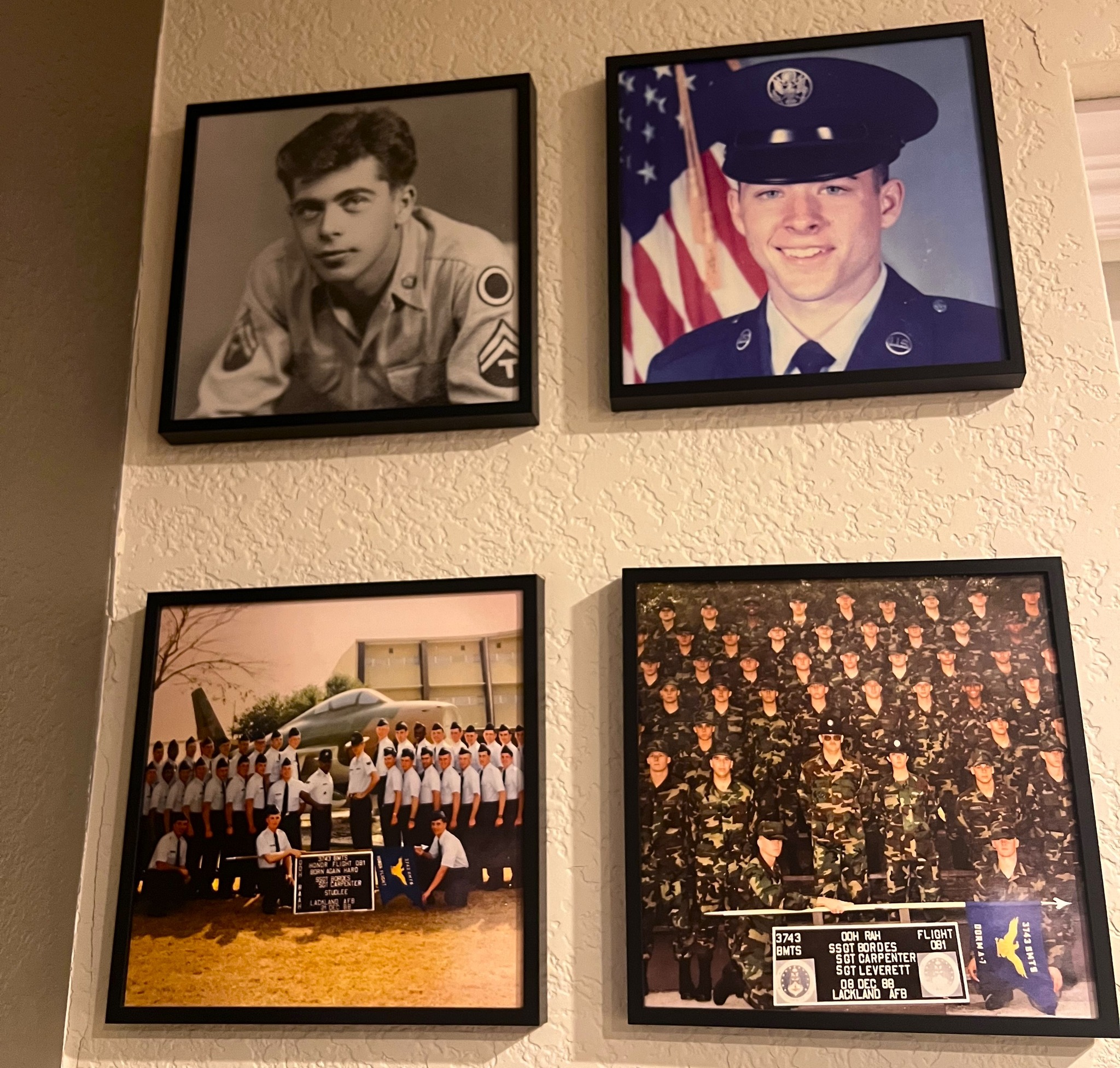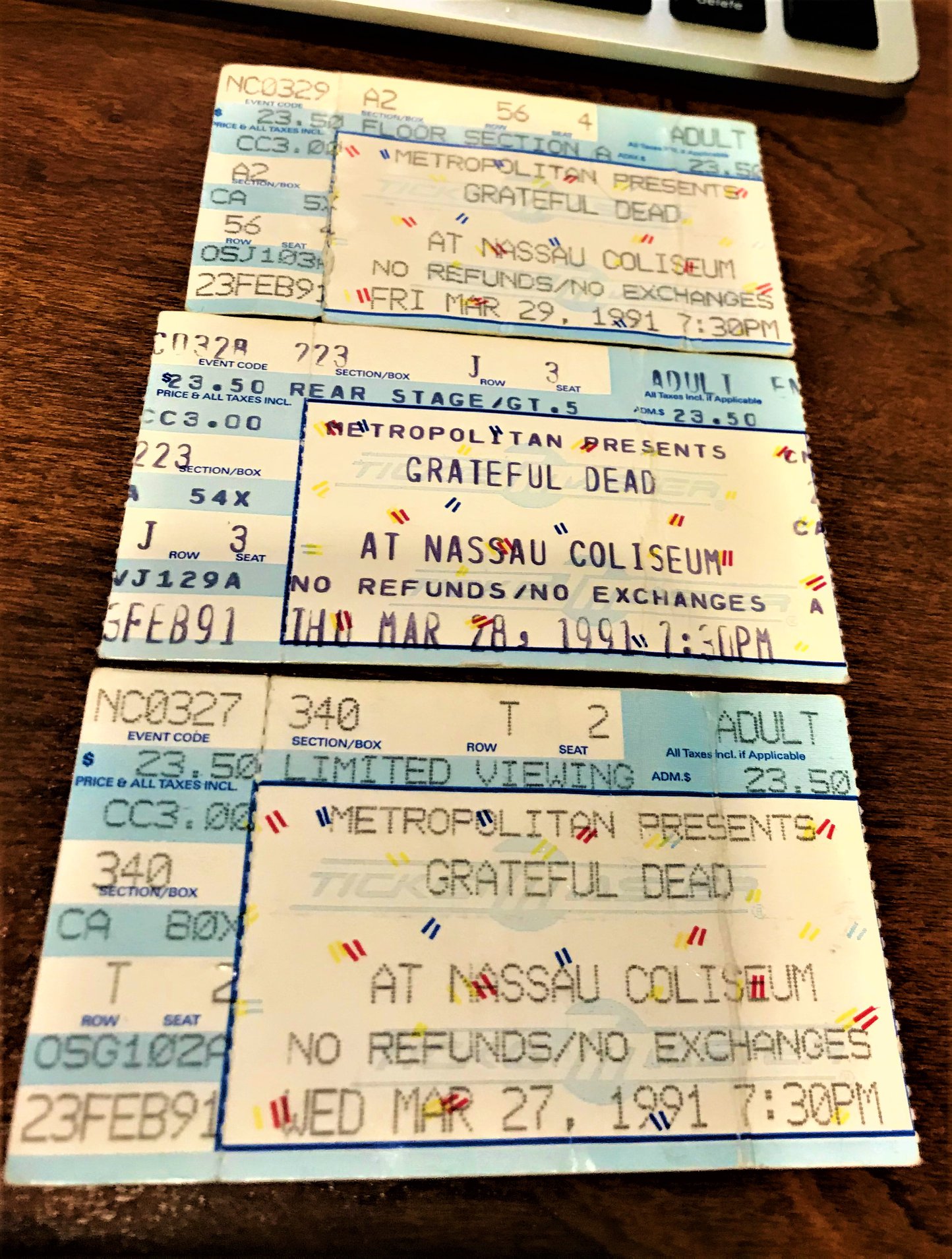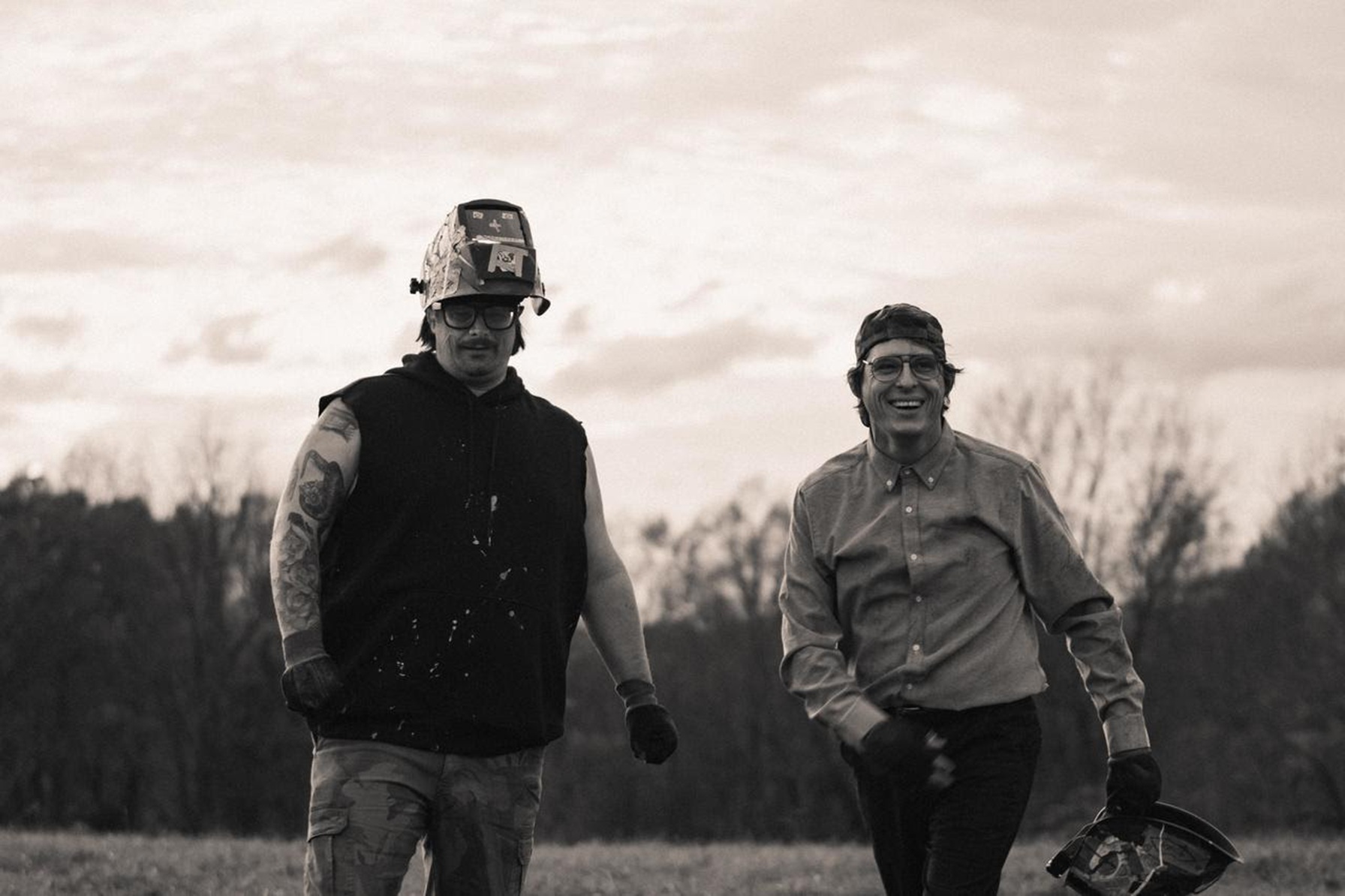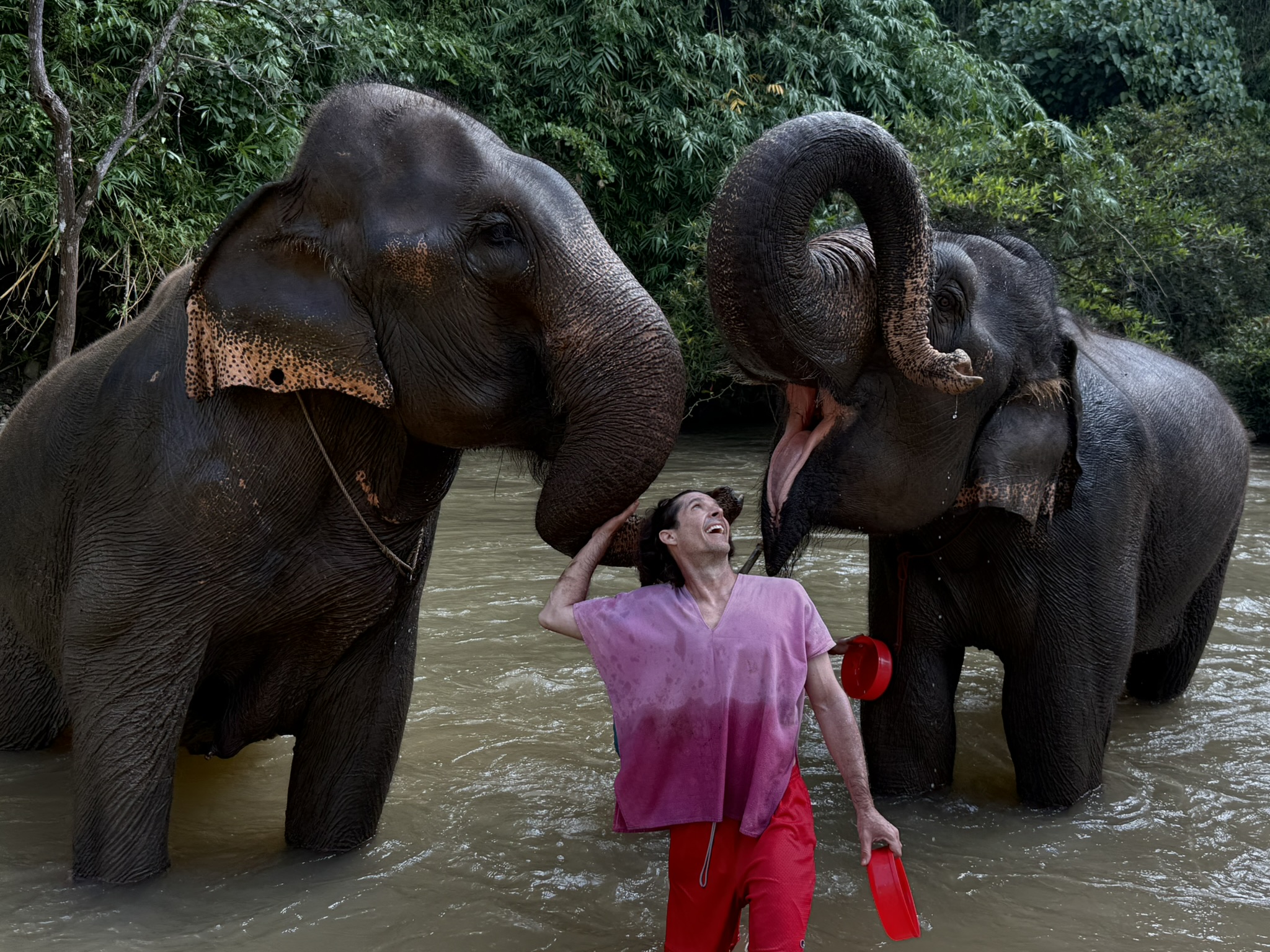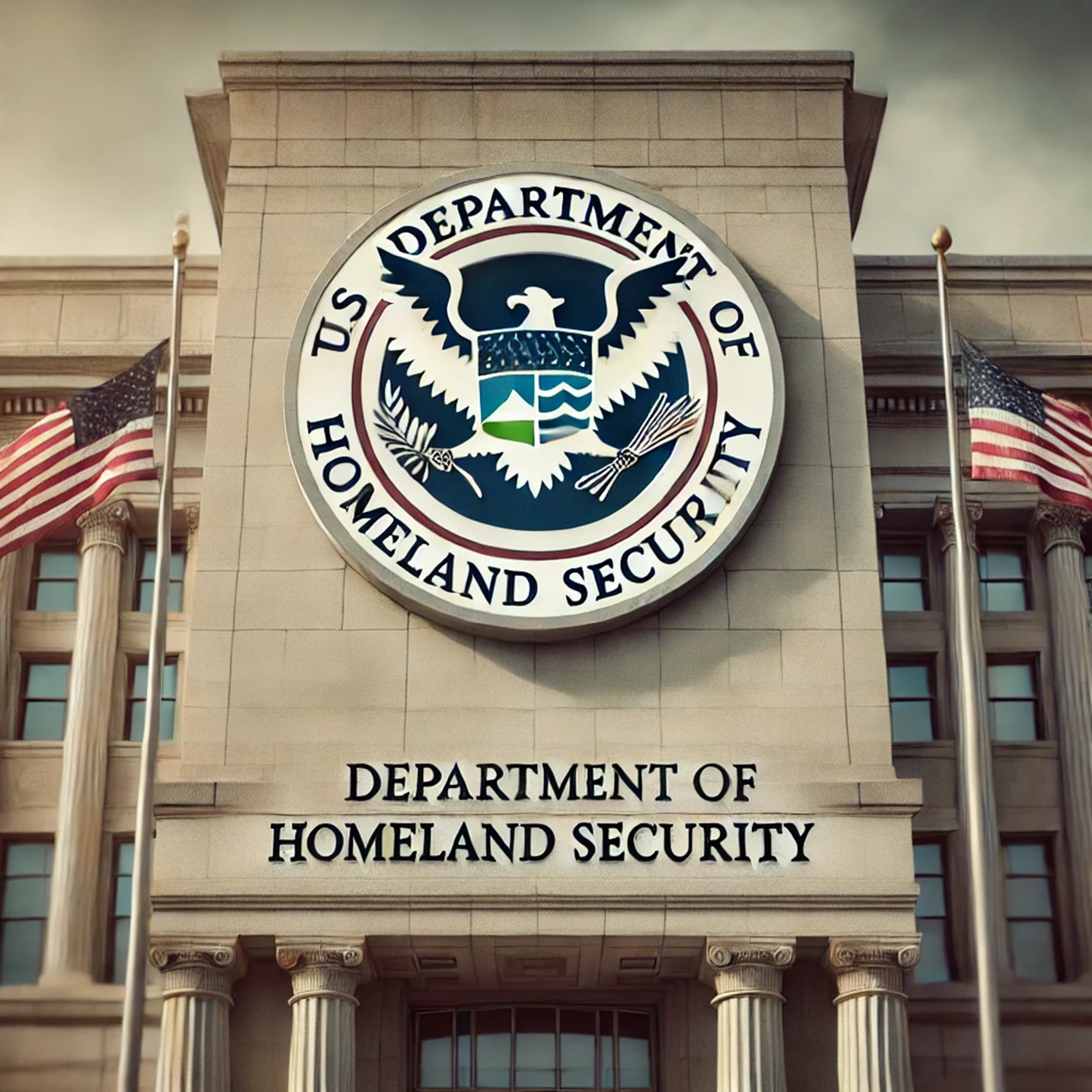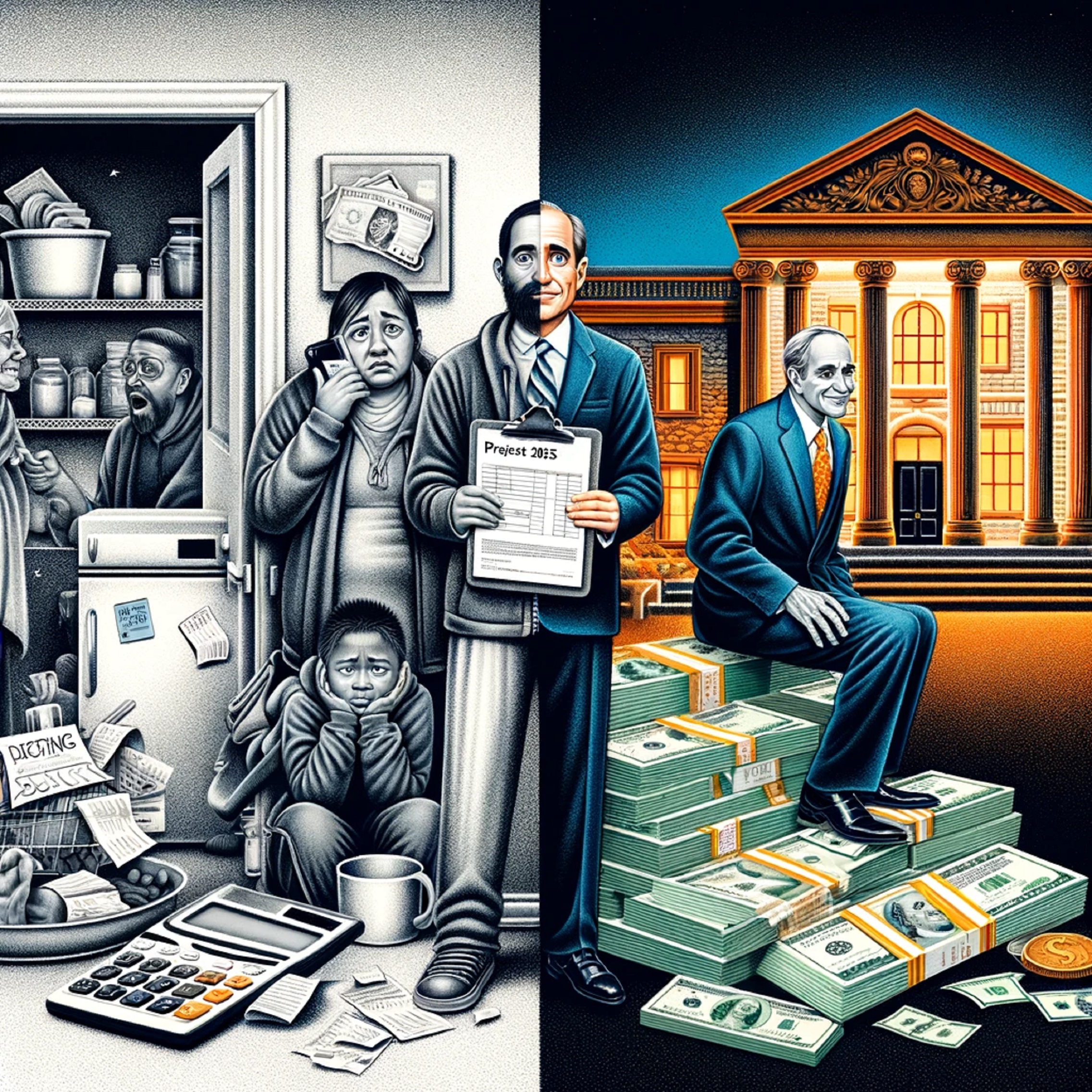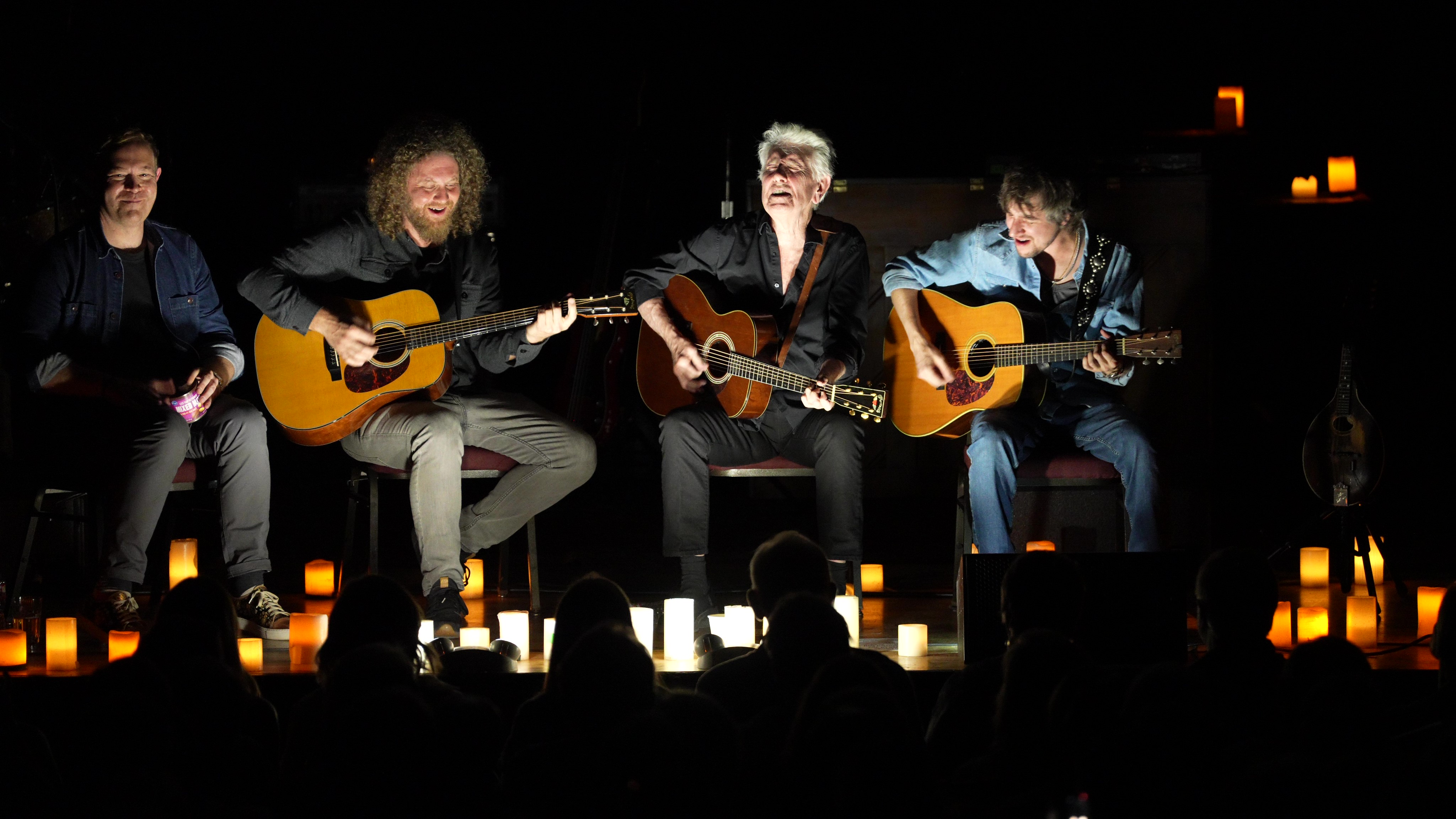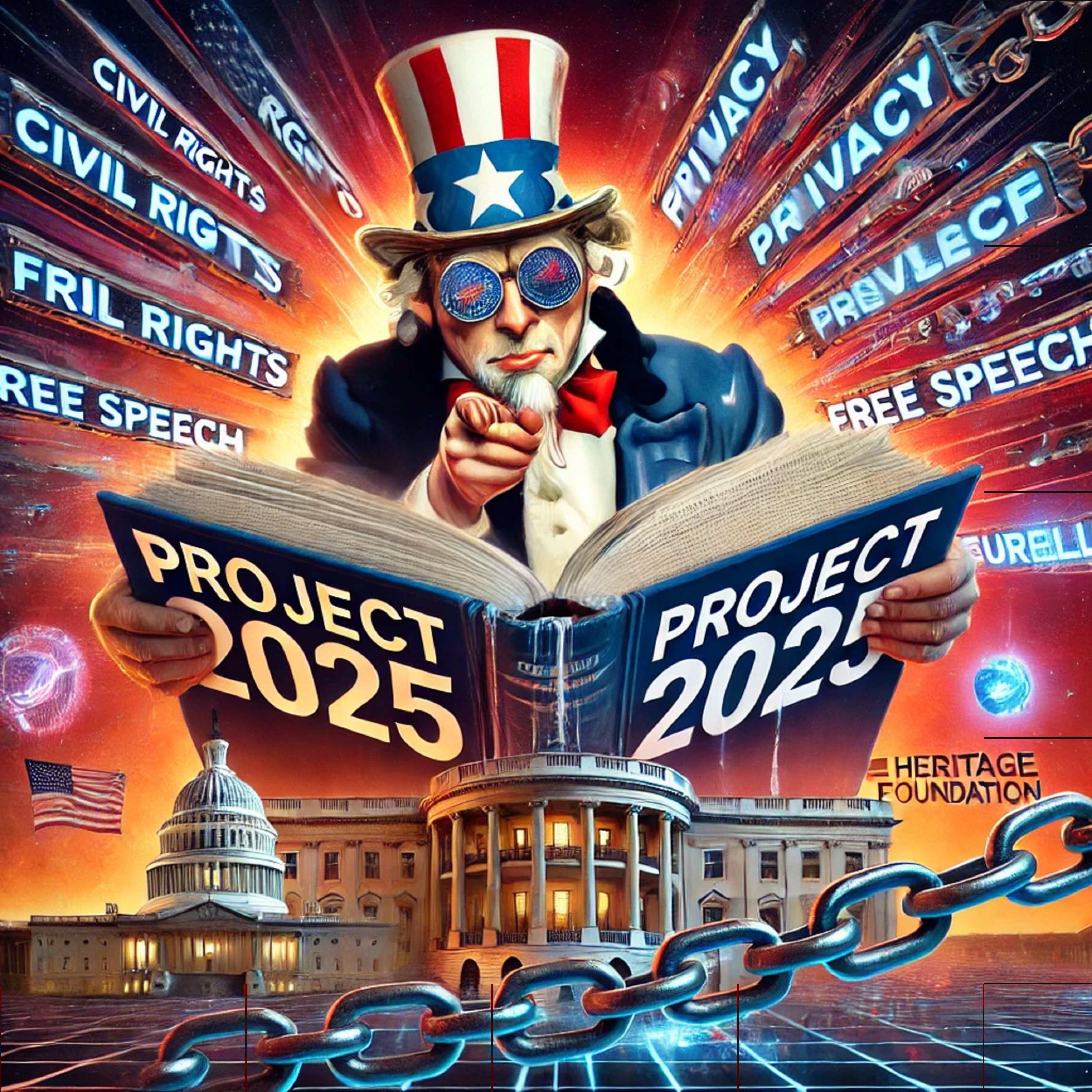At the age of 17, faced with a crossroads in life, I made a decision that would shape my future in ways I could never have anticipated. Growing up in Paramus, New Jersey, my days were filled with the usual teenage diversions: Grateful Dead concerts, hanging out with friends, and the thrill of young love. But as high school graduation approached, my father, a World War II veteran and a strict disciplinarian, made it clear that idling was not an option.
Just days after my high school graduation, a harsh reality washed over me as literally and figuratively as the rain that soaked me when I found myself locked out of my home. My father, standing resolute at the door, declared my time for aimlessness was over. In his eyes, my failure to pursue college or a meaningful career was inexcusable. He shut the door, leaving me adrift in the storm—both the one overhead and the turmoil brewing within me.
Shelter came in the form of a friend’s family, who generously took me in. Their kindness provided a temporary respite, but the weight of needing to chart a course for my future pressed heavily upon me. Reflecting on my father’s youth—forging his birth certificate at fifteen to join the Merchant Marines during World War II—I recognized a legacy of resilience and commitment. His subsequent service in Japan post-Hiroshima and Nagasaki taught him about sacrifice, a lesson he was determined to pass on, albeit harshly.
Compelled by necessity, I found myself in front of the military recruitment offices in Hackensack. The Navy and Marines were out to lunch, and fatefully, it was the Air Force recruiter who was available. A coin flip later, I was sitting across from him, sharing my story and unwittingly stepping into a new identity. Despite my reluctance and the need for my estranged father’s signature, I enlisted, driven by limited options and an emerging sense of duty.
Training at Lackland Air Force Base was grueling but transformative. I was shaped not just by the physical demands but also by the values instilled in every recruit: integrity, service before self, and excellence in all we do. As a security policeman, I learned discipline and responsibility—traits sorely absent in my previous life. Eventually stationed in Nebraska, far from the familiar landscapes of New Jersey, I began to understand the breadth of the commitment I had made.
This backdrop of service and sacrifice makes the actions and words of Donald Trump particularly galling to me. His avoidance of the draft during a time of war through questionable medical deferments stands in stark contrast to the countless young men, like my father and later myself, who answered the call. Moreover, Trump’s public disparagements of captured and fallen soldiers as "losers" and "suckers" not only offend but deeply wound the spirit of every person who has donned a uniform under the American flag.
The disconnect between Trump’s rhetoric and the core values of military service is profound. How can someone who shirked the opportunity to serve possibly understand, let alone lead, those who have sacrificed so much? It’s a question that resonates with painful clarity as I reflect on my own journey from a wayward youth to a proud veteran. The idea that he might again assume the highest command is not just troubling; it is incomprehensible.
Through my story, I hope to convey not only the personal transformation wrought by military service but also the fundamental expectations we must hold for our leaders: respect, integrity, and a genuine appreciation for the sacrifices of those who serve. As we face the future, it is imperative that we choose leaders who embody these values, ensuring that the legacy of service and sacrifice continues to be honored and upheld.





